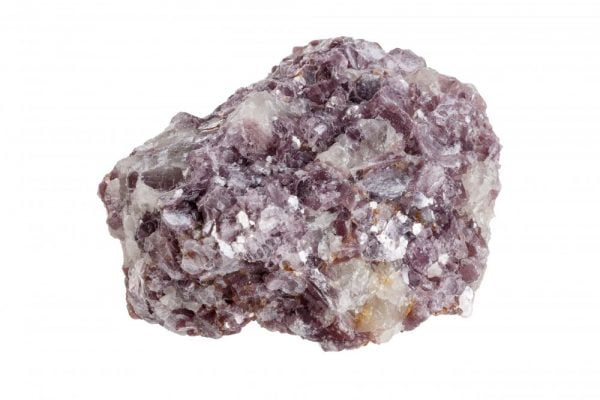Zimbabwe is set to draw significant benefits soon, as one of the world’s major lithium producers – not least because of the number of fledgling local lithium projects – but the forecast near term global supply shortage.
Already, the Southern African country is the world’s fifth largest producer of lithium, albeit with only a single producing mine. It holds extensive deposits of the on-demand mineral widely used in the automotive and glass industries.
Currently, Zimbabwe has a single active lithium mine, Bikita Minerals, but a number of Greenfield and Brownfield projects at various stages of development, priming the country as one of the biggest producers very soon.
After realising the growing demand for lithium, the Government has classified the commodity as one of the strategic minerals towards achieving its vision of transforming mining into a US$12 billion industry by 2023.
Prospect Resources, which is listed on the Australia Stock Exchange (ASX), operates the Arcadia lithium mine near Harare, which is the world’s seventh largest hard rock lithium asset, with a 16 year life of mine.
As of 2017, Arcadia had a joint ore resources committee (JORC 2012 edition) mineral resource of 43,2 million tonnes, as well as approved and controlled mineral resource of at least 37,4 million tonnes and pre-mining reserves of 15.8 million tonnes.
Arcadia is also Africa’s most advanced lithium project. Other fledgling projects in Zimbabwe include Zulu, Kamativi projects, while Bikita is working on expanding production.
But even the most optimistic would not have seen the possibility of better fortunes for Zimbabwe come so early, and interestingly, via anticipated shortage of the high value mineral by 2022.
Lithium-ion batteries experienced a compound annual growth rate of 25 percent from 2015-18, driven primarily by an uptick in electric vehicles (EVs).
Last year, global lithium demand had reportedly jumped to 49 000 tonnes, with 60 percent for use in battery-related products.
Experts say with around a billion light-duty vehicles on the roads, and the number set to rise to 3 billion by 2050, electrifying the global fleet could put a huge squeeze on lithium supply.
Once it goes into production, Prospect will produce both chemical and industrial grade lithium, namely spodumene and petalite and stands to benefit from global shortage along with major producers like Australia, Chile, China and Argentina.
The only African nation on the list of active producers, Zimbabwe produced 1 600 tonnes of lithium in 2018 – doubling the previous year’s total.
One of the country’s most promising lithium projects developers, Prospect Resources Plc, says the global market will fall into short supply by 2022, if the existing capacity is not expanded.
The company said for additional producers to meet the demands of 2022, mine development would have had to start in 2019.
“Therefore, without further investment in new projects, there will be supply shortage by 2022, where EV (Electric Vehicles) will accelerate as they reach cost parity with ICE (Internal Combustion Vehicles) vehicles,” Prospect Resources.
Lithium’s appeal, now being one of the world’s most sought after commodities, has not gone unnoticed and suitors have been knocking at the door.
Prospect has already inked one of the world’s largest ultra-low iron lithium off-take agreements with Sibelco, and the deal entails the supply of 100 000 tonnes for the next seven years.
Sibelco is the largest distributor of ultra-low iron petalite in Europe and possibly the world and we believe that this is the largest ultra-low iron petalite offtake agreement ever signed.
“Arcadia now has 100 percent petalite production secured under off-take for the first seven years. Sibelco’s facility has been processing petalite for over 20 years and will be the facility for further processing and distribution to European customers.”
Uranium One Group, an international mining company of ROSATOM, the Russian State Corporation for Nuclear Energy with a diverse portfolio of assets worldwide, has also shown keen interest.
On the 12 December 2019 Prospect signed a Memorandum of Understanding with Uranium One to afford the Russian firm an opportunity to complete due diligence on the company and its Arcadia Lithium Mine.
And subject to satisfactory due diligence, the parties may then negotiate an Equity investment terms in Prospect or its subsidiaries; and off take terms for at least 51 percent of the company’s future lithium production.
Business Weekly
.png)




